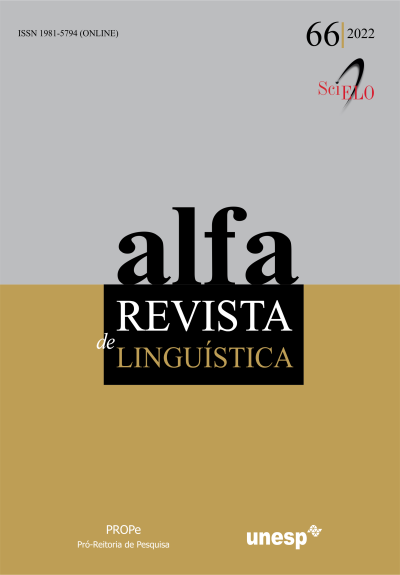The influence of working memory capacity on inference generation and reading comprehension
DOI:
https://doi.org/10.1590/1981-5794-e13543Keywords:
reading comprehension, working memory capacity, inference generationAbstract
This research aimed at investigating whether there is a relationship between Technical High School Brazilian students’ Working Memory Capacity (WMC), inference generation and reading comprehension in L2. A group of 36 students from the third year of the Technical High School Course at Instituto Federal do Rio Grande do Sul (IFRS), Campus Sertão, participated in this study. Participants were pre-intermediate speakers of English as an L2. The instruments used in this study comprised a Reading Span Test (RST); two texts, being one narrative and the other expository; a Pause Protocol and two sets of comprehension questions (one for each text). Data from participants’ Reading Span Test, the inferences they generated during reading (categorized in accordance with Narvaez; Broek; Ruiz’ (1999) Inference Categorization Model), as well as their answers in the reading comprehension questions were analyzed both qualitatively and quantitatively, and the main results show that WMC positively correlates with reading comprehension, and also with explanatory inferences, which are strictly connected to reading comprehension.
Downloads
Downloads
Published
How to Cite
Issue
Section
License
Manuscripts accepted for publication and published are property of Alfa: Revista de Linguística. It is forbidden the full or partial submission of the manuscript to any other journal. Authors are solely responsible for the article's content. Translation into another language without written permission from the Editor advised by the Editorial Board is prohibited.

